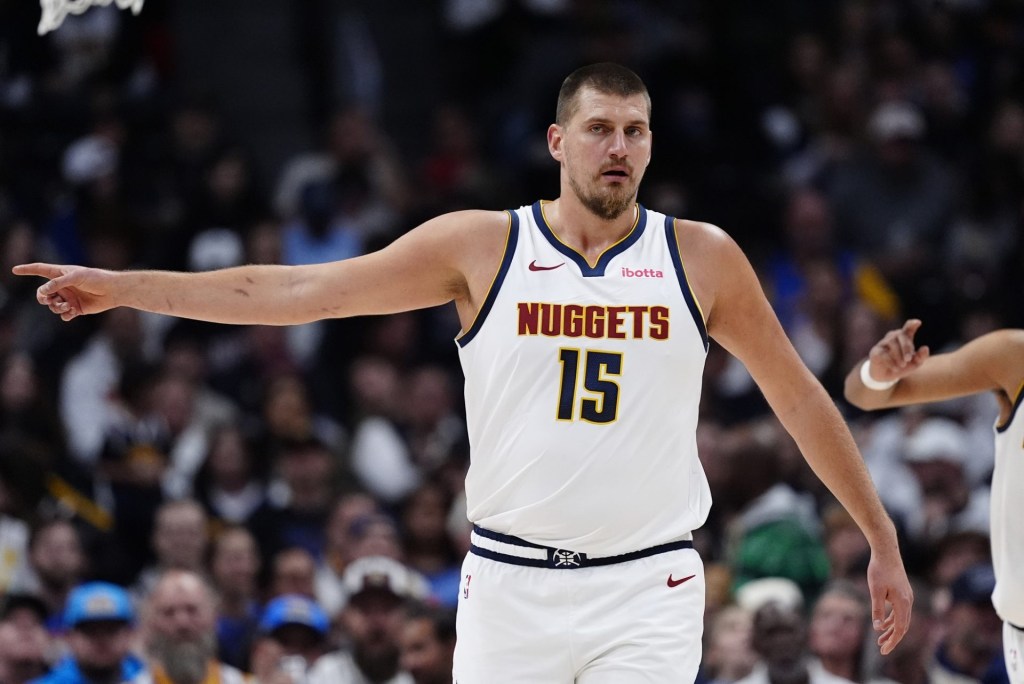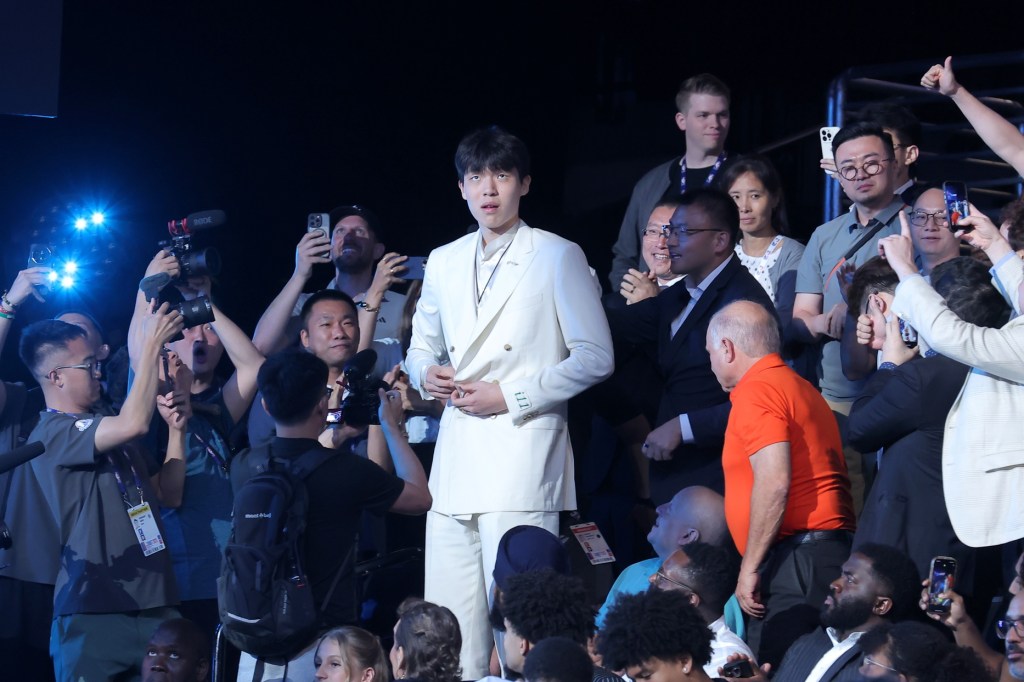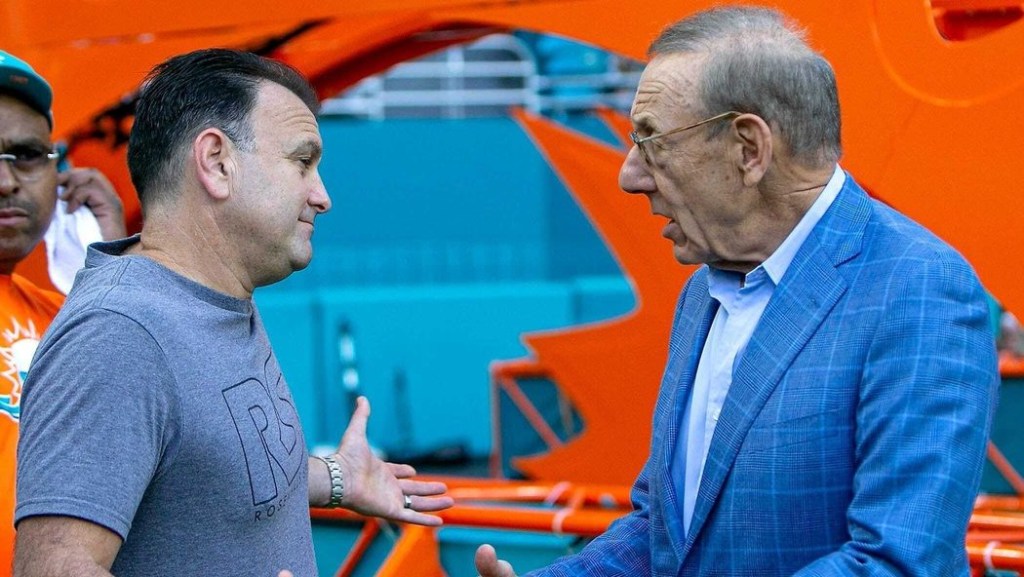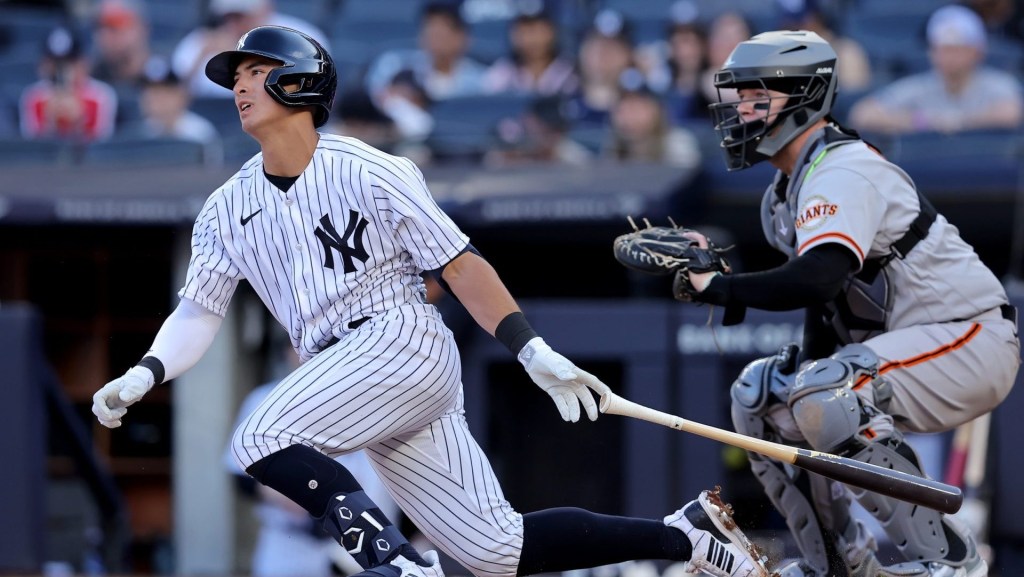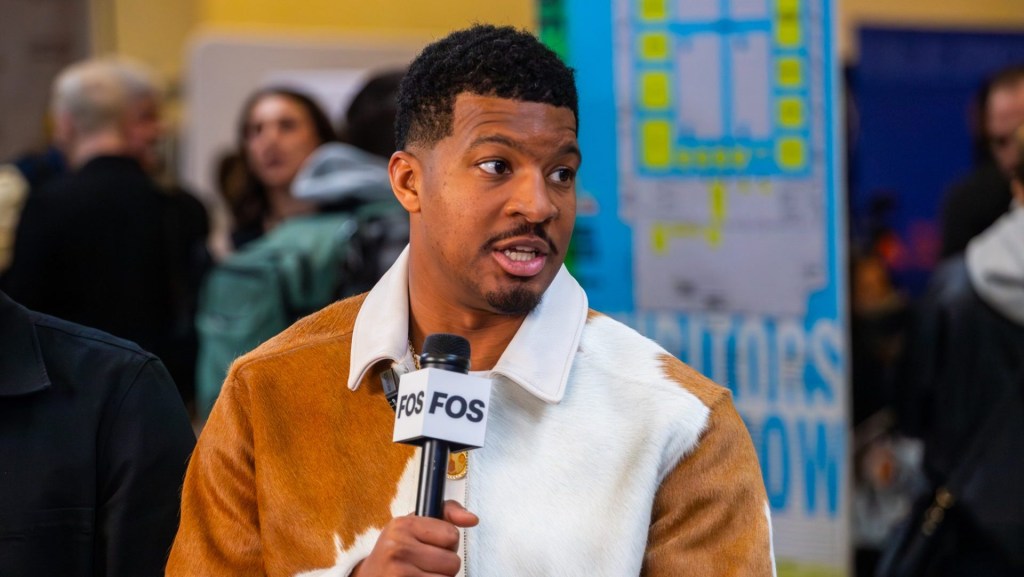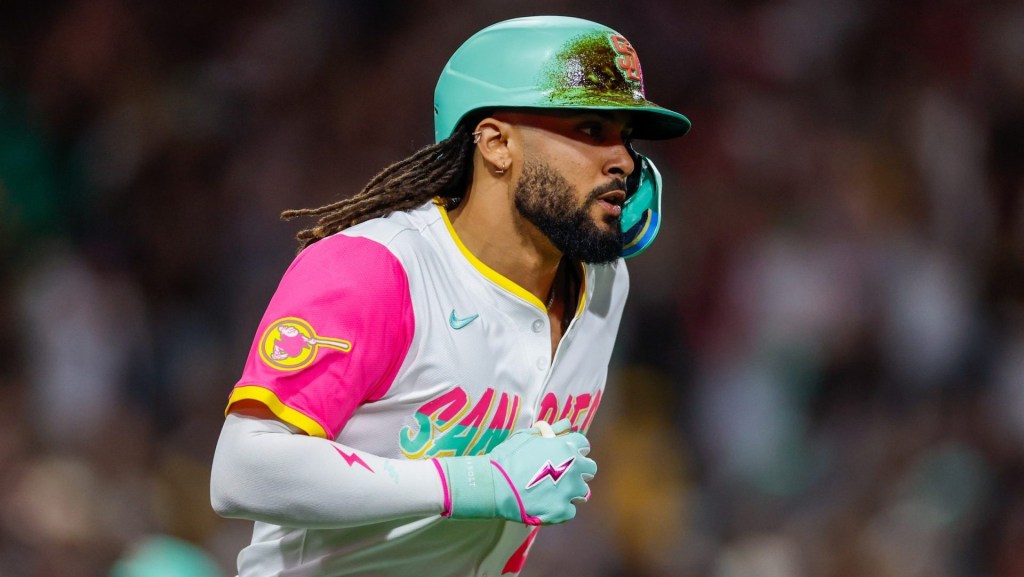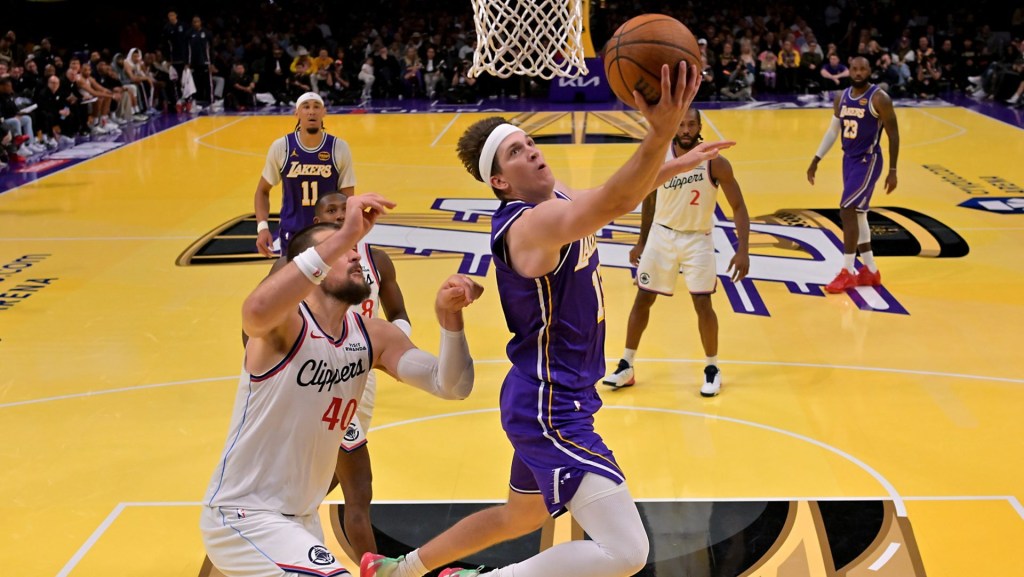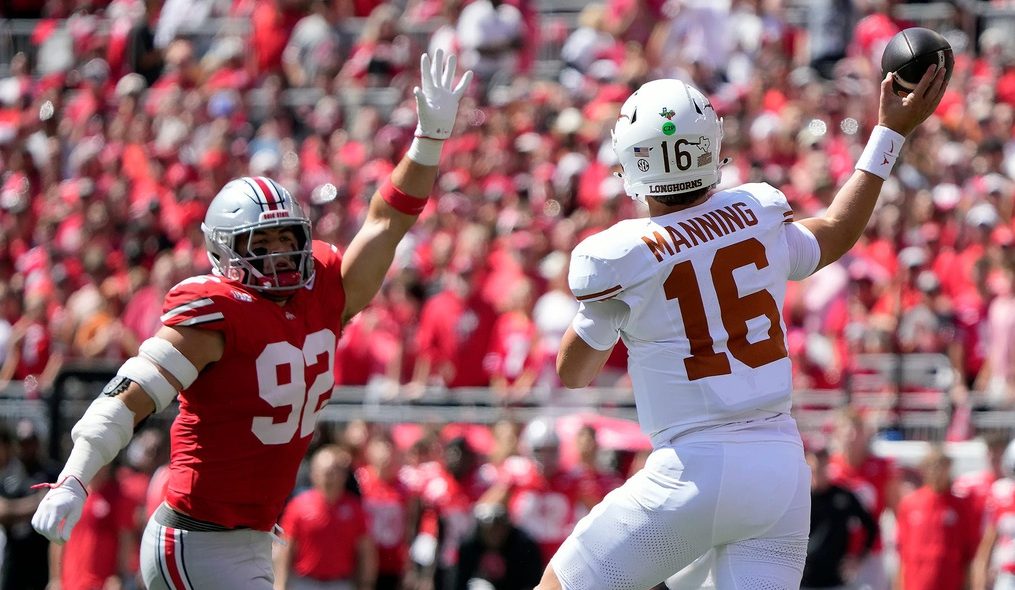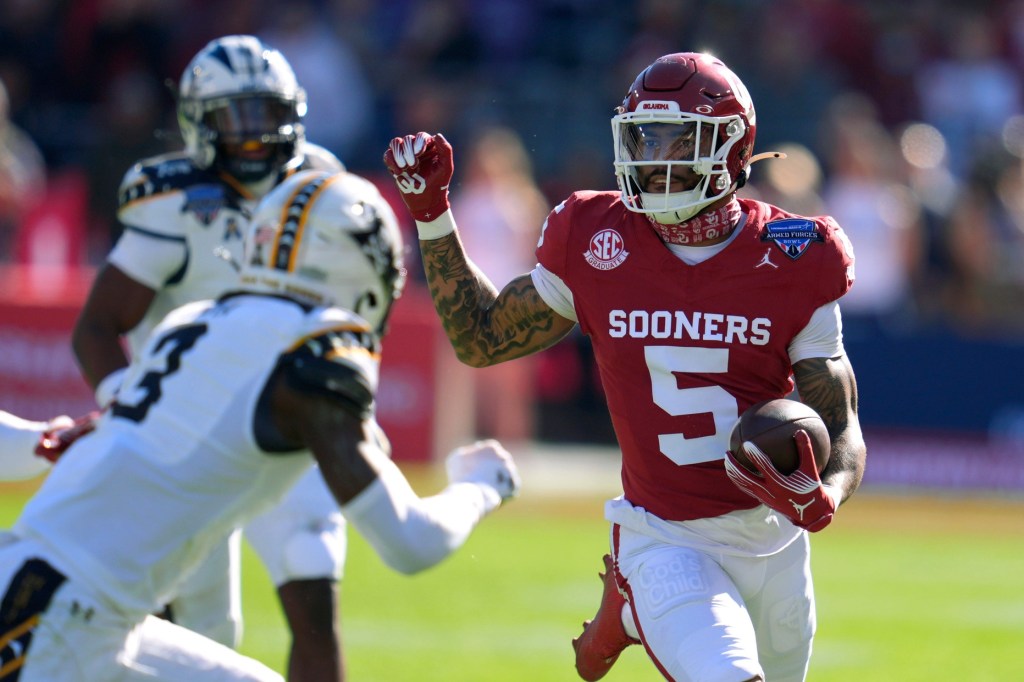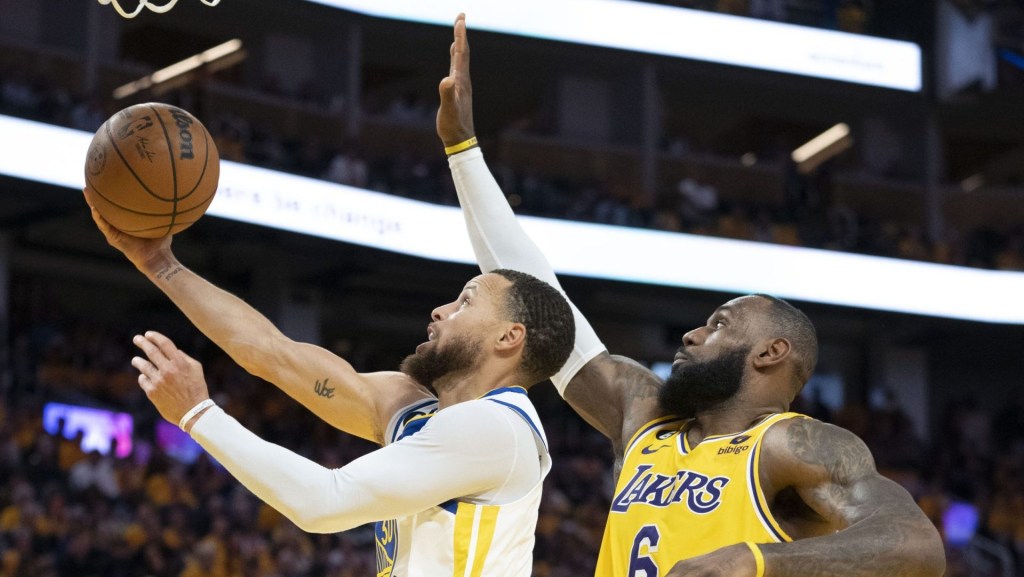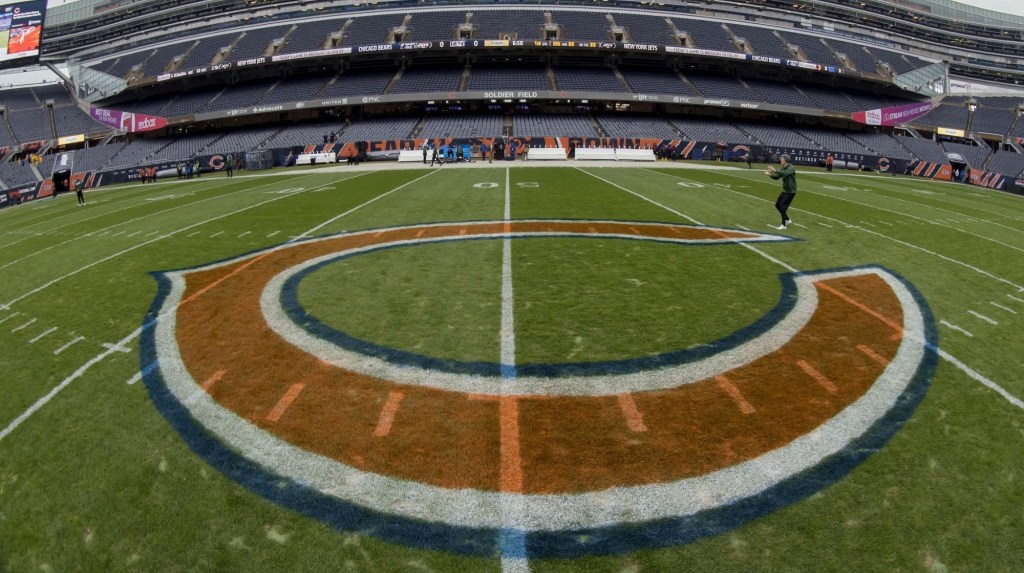By: Travis Smith, @travis_d_smith

Front Office Sports is proud to have sat down with renowned super-agent and real-life Jerry McGuire, Leigh Steinberg. Steinberg has stuck to two core values in his long and successful career as an agent: treasuring relationships, especially family; and making a positive impact in the world and help people who can’t help themselves. Leigh was kind enough to take time out of his book tour and Agent Academy sessions to give our readers and aspiring agents some tremendous insight.
Can you tell our viewers what goes on at the Agent Academy and what they will learn by attending one of your sessions that they might not be able to learn in a class.
“The Agent Academy is designed to create a new generation of sports professionals with ethics, idealism, and a desire to innovate in sports. We initially ask them to do an internal inventory so they are clear on their true priorities. Is it short term financial gain, long term financial security, family, geographical location, autonomy, or other priorities that are the motivation? We teach the basic skills necessary to succeed in agent-negotiation, recruiting, client servicing, branding, marketing, damage control and handling medical issues. These skills are not generally taught in law school, business school or sports management. I teach a heavy emphasis on listening skills and psychology.”
In your blog, which was originally posted on RantSports.com, you wrote about how to be a great sports agent. I was fascinated by the depth of experiences afforded to the students in your class at UC Irvine and Chapman University School of Law that you spoke of in the piece. Please briefly talk about the importance of an agent understanding the fundamentals of the following items: branding, contract negotiating and creating a charitable foundation for an athlete client.
“In the Sports Law classes I have taught we do not study cases involving lawsuits on principles that an individual practitioner has no control over or are relevant in actual agenting. Students are broken up into different sports agencies. They have to attempt to recruit a retired player as a client. They conduct a negotiation, divided into agents and General Managers for a top draft pick. They are assigned a misbehaving client and have to appear to defend him with real Sportswriters firing questions. Because I prioritize athletes using their high profile to make a positive difference in the world, students create a charitable foundation. They need to design and show an actual public service announcement featuring their client. They have to design an app for social media that gives fans a new way to enjoy sports. The goal is to ready students to be able to be effective in the actual sports world as quickly as possible.”
Do you see any distinct advantages/disadvantages, such as upfront capital and resources, for young aspiring agents to work for at a large firm, or to serve as either an individual or small firm?
“It is very difficult to simply hang out a shingle and compete for sports clients. The financial challenges are immense. 90% of new agents fail or go into serious debt within three years. This is because the fees are capped by players associations in team sports — 3% for contract negotiations in football, 4 in NBA, and 5 in MLB. Recruiting expenses are a high, only the tips of the pyramid draftees sign large initial contracts due to salary caps. In the NFL, agents are obligated to pick up a $10–15,000 upfront expense for draftee training. Working for an existing firm is an option, or taking a job in a related field that provides financial security while bridging into the field by looking for recruiting possibilities.”
What’s the best piece of advice you were given when you were an aspiring agent at the beginning of your career?
“Sports agentry did not exist as a defined field when I began so I had no mentors. I learned how to negotiate in student politics and dealing with then Gov. Reagan when I was Student Body President at Cal. The most important advice is listening and allowing people to reveal themselves so you can put yourself in their heart and mind. Learn to see the world the way another person views it and you can navigate your way through life. I suggest you study psychology.”
Would you recommend those aspiring to also be athlete contract agents to specialize in one sport and/or category, or is it better to start out not being so narrow minded with a target client?
“Develop a specialty in one sport so you become an authority and have the necessary relationships in management to help clients. Then you can gradually add other sports because the principles are the same.”
For those that have not yet read your book, “The Agent,” could you please explain how you first got into the agent industry and maybe talk about the changes between when you first started out, to now as you represent players and other clients?
“I was a dorm counselor (RA) while attending law school at UC Berkeley and they moved the freshman football team into the dorm. Steve Bartkowski was one of the football players and he became the first pick in the first round of the NFL Draft. He asked me to represent him. We ended up with the largest rookie contract in NFL history which made headlines across the nation. I saw immediately that athletes had thrower to trigger imitative behavior and serve as role models and had the ability to promote charitable causes.”
“I asked each athlete to set up scholarship funds and charitable foundations at the high school, collegiate and professional levels. They have collectively raised almost a billion dollars for charity. As the years went on I represented sixty first round draft picks in the NFL including eight who went first overall. I had ninety football players, sixty baseball players, twelve basketball players and boxers and Olympic champions at the same time. Seven players in the NFL went to hall of Fame.”
“The biggest change is the expansion of television, exponentially more games, analysis shows highlight and commentary shows on. That meant massive television rights for teams, high refractive values. New revenue sources from stadia, Internet and fantasy. The development of social media means higher scrutiny on athletes’ off-the-field behavior and more opportunities for me to make damaging statements.”
What are the biggest similarities and/or differences between representing athletes, coaches and broadcasters?
“Athletes are young and beginning professional life. They need to learn a whole series of skills to navigate life. They have short playing careers so their negotiations have extreme time pressure. Coaches and broadcasters can work a lifetime, they tend to be more mature. Coaches can receive long term contracts with total guarantees. Broadcasters live in a world of constant fear of being replaced.”
What do you see as the biggest challenge incoming college students will discover in the coming years to break into the industry? Can you talk about how you were able to develop relationships early on as an agent, and maybe how important that is for those college students on campus to get an early start on networking and building contacts?
“Internships are critical for students — a league, team, conference, athletic department, player associations, marketing groups, PR groups, agencies — these are all great learning experiences. Get close to the athletic department at your school, meet athletes, get on LinkedIn and make as many contacts as possible. All are helpful.”
Front Office Sports would like to send a big “thank you” to Leigh Steinberg for taking the time to answer some of our questions. I have personally read “The Agent” twice so far and I strongly recommend you do as well. Even if you are not an aspiring agent you will find a plethora of great professionalism and idea-generating content for your own career in the sports industry. You can find information on “The Agent” in our FOS Book List by clicking here. In addition, for those aspiring agents interested in attending an Agent Academy session near you, click here to see upcoming dates, locations and information.
You can follow Leigh Steinberg on Twitter here and connect on LinkedIn here!

